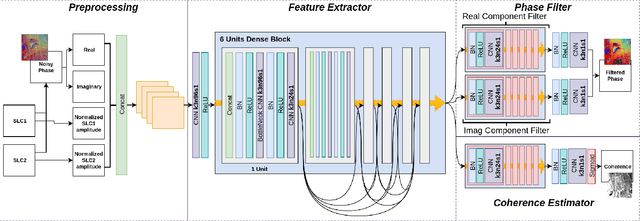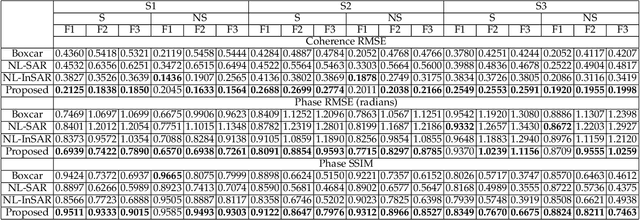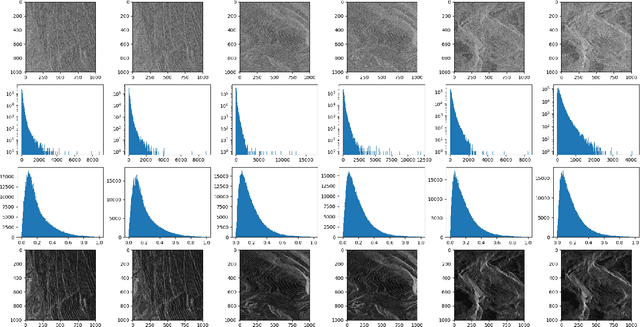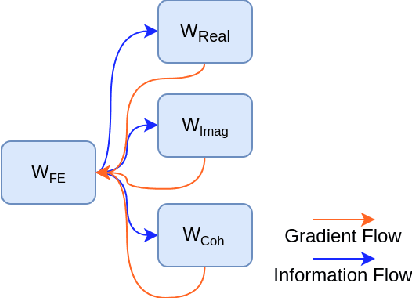DeepInSAR: A Deep Learning Framework for SAR Interferometric Phase Restoration and Coherence Estimation
Paper and Code
Sep 06, 2019



Over the past decade, Interferometric Synthetic Aperture Radar (InSAR) has become a successful remote sensing technique. However, during the acquisition step, microwave reflections received at satellite are usually disturbed by strong noise, leading to a noisy single-look complex (SLC) SAR image. The quality of their interferometric phase is even worse. InSAR phase filtering is an ill-posed problem and plays a key role in subsequent processing. However, most of existing methods usually require expert supervision or heavy runtime, which limits the usability and scalability for practical usages such as wide-area monitoring and forecasting. In this work, we propose a deep convolutional neural network (CNN) based model DeepInSAR to intelligently solve both the phase filtering and coherence estimation problems. We demonstrate our DeepInSAR using both simulated and real data. A teacher-student framework is proposed to deal with the issue that there is no ground truth sample for real-world InSAR data. Quantitative and qualitative comparisons show that DeepInSAR achieves comparable or even better results than its stacked-based teacher method on new test datasets but requiring fewer pairs of SLCs as well as outperforms three other established non-stack based methods with less running time and no human supervision.
 Add to Chrome
Add to Chrome Add to Firefox
Add to Firefox Add to Edge
Add to Edge